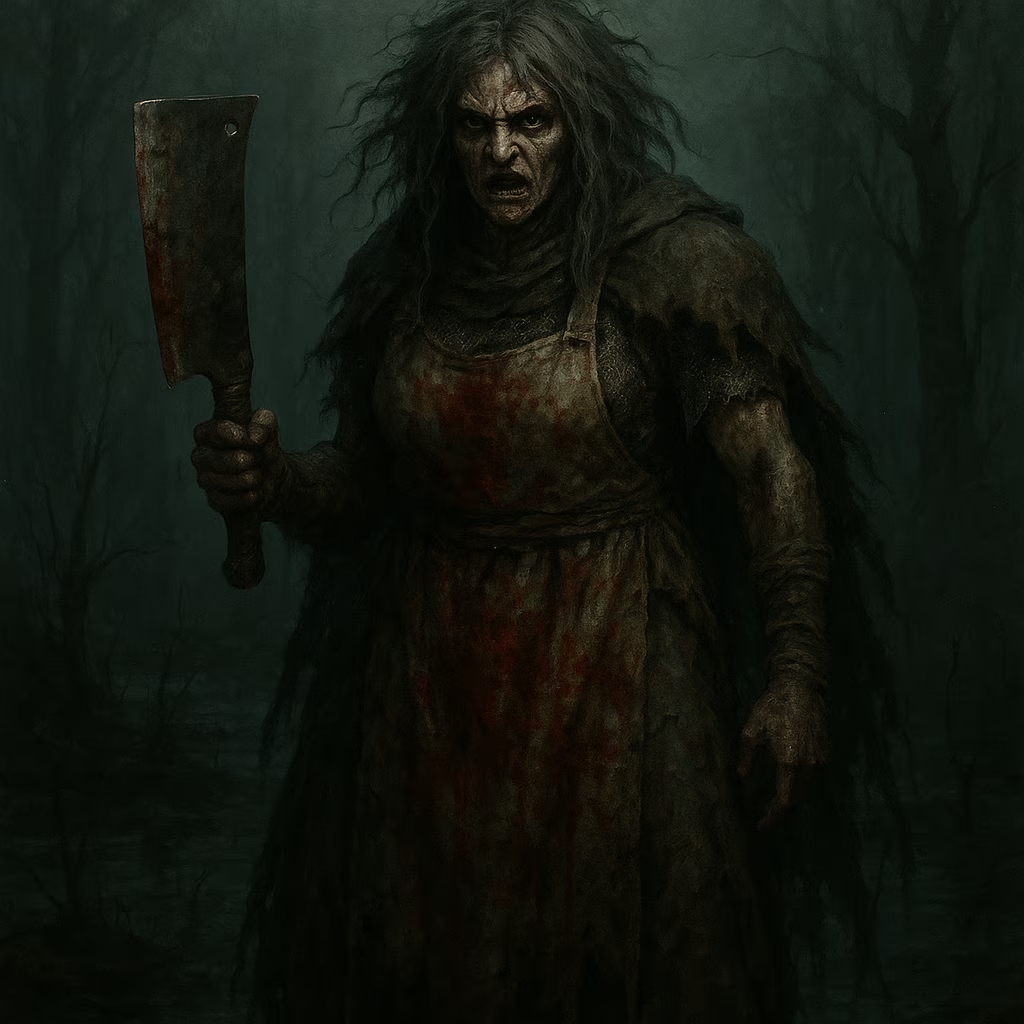I've watched co-op gaming rise like a phoenix from the ashes of neglect, transforming from a niche interest into a thriving ecosystem where shared victories against towering adversaries forge unforgettable bonds. The recent renaissance has gifted us an embarrassment of riches – games where coordinating attacks with friends against screen-filling monstrosities feels less like a gaming session and more like conducting a symphony of controlled chaos. There's something primal about that moment when four players simultaneously dodge a death-dealing swipe, then counterattack in perfect unison like synchronized swimmers in a hurricane. 🎮
Monster Hunter Wilds: Your Gentle Gateway to Giant Slaying
As someone who's witnessed newcomers tremble before behemoths, I'm thrilled how Wilds holds players' hands without coddling them. Its story-driven approach acts like training wheels for co-op hunting – you still feel the adrenaline rush when a Sand Barioth charges, but the lowered entry barrier means veterans can shepherd rookies without frustration. That first triumphant roar after felling an Apex predator together? It’s the gaming equivalent of catching a comet with butterfly nets – seemingly impossible yet euphorically achievable.

Key features making Wilds perfect for co-op:
-
🛡️ Shared cart system reduces newcomer anxiety
-
🧭 Streamlined tracking mechanics
-
🎯 Dynamic monster weak points visible to all players
-
🤝 Seamless drop-in/drop-out expeditions
Elden Ring Nightreign: Where Brutality Meets Brotherhood
The Duo Expeditions update transformed Nightreign into what I call "co-op cocaine" – dangerously addictive and best enjoyed with accomplices. Exploring its procedurally generated Limveld feels like navigating a clockwork maze designed by a sadistic watchmaker. When you finally corner a Night Lord? That battle becomes a desperate tango where one misstep dooms your partner. I’ve seen friendships strengthened and controllers shattered in equal measure during these encounters – the ultimate stress test for any gaming duo.
Remnant 2: Bullets, Buddies, and Nightmare Fuel
Gunfire Games cracked the Soulslike code by blending melee tension with gunplay freedom. Fighting root monsters alongside friends creates moments where suppressive fire and revival timing matter as much as dodgerolls. The Labyrinth Sentinel boss remains my favorite co-op experience – a kaleidoscopic puzzle-box requiring spatial awareness across multiple dimensions. Trying this solo feels like performing heart surgery with oven mitts; with allies? It becomes an elegant ballet of bullets.
Valheim: Viking Victory Through Preparation
This indie marvel proves co-op boss fights aren't just about reflexes but preparation. Gathering resources for the Elder fight with friends transforms into a hilarious Viking supply chain: one player farming barley while another smelts bronze, all debating battle tactics over mead. The actual combat feels like storming a castle with your own handmade siege weapons – triumph tastes sweeter when you built the ladder to victory.
| Game | Boss Fight Philosophy | Unique Co-op Feature |
|---|---|---|
| Diablo 4 | Overwhelming force through synergy | Shared loot instancing |
| Split Fiction | Mechanical mastery puzzles | Dual-character ability combos |
| Cuphead | Pattern memorization perfection | Simultaneous screen-filling chaos |
| Borderlands 2 | Cathartic power fantasy | Comedic tension-breaking dialogue |
The Supporting Cast of Co-op Champions
Diablo 4 turns boss melting into a social event where optimized builds collide like particle accelerators. Split Fiction's inventive mechanics (like redirecting laser grids while your partner distracts a cyborg gorilla) prove co-op innovation didn't peak with It Takes Two. Cuphead remains the ultimate co-op stress test – its bosses attack with the chaotic energy of a kindergarten art project gone nuclear. And Borderlands 2? Handsome Jack's taunts during the Warrior fight still make my squad laugh mid-apocalypse.
The Unspoken Magic of Shared Struggle
What elevates these experiences beyond mere difficulty is how they transform frustration into fellowship. I've witnessed quiet gamers find their commanding voice during Remnant's apocalypse, watched lifelong friends discover new respect during Valheim's grueling winters, and celebrated with strangers after finally defeating Nightreign's Lightning Duke. These battles create micro-communities where victory tastes like the first sip of water after crossing a desert.
Yet as we stand atop mountains of defeated pixelated giants, I wonder: Will future co-op games prioritize spectacle over substance, or can they maintain the delicate balance where victory feels earned rather than given? Does the soul of cooperative gaming lie in the struggle itself – that beautiful, terrible moment when four health bars blink red, and you realize either everyone triumphs or nobody does? 🤔
